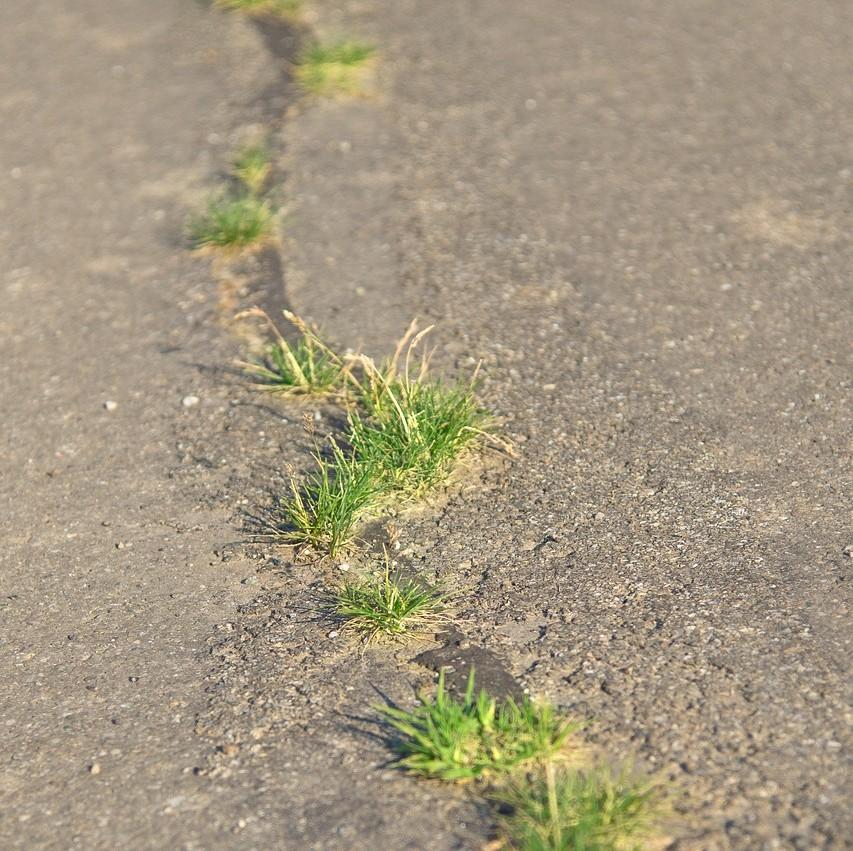Managing weed growth within Dorset's highway network

Dorset Council is taking a balanced approach to manage and prevent weed growth that can damage to structures across its highway network, which spans over 2,400 miles of roads. The method includes preventative and the use of a targeted glyphosate-based herbicide.
Weeds can cause significant damage to sealed surfaces such as tarmac, kerbing, paving, and concrete structures. Their growth can lead to cracks that allow water to penetrate, ultimately resulting in potholes and surface deterioration. To combat this, the council employs a combination of preventative and reactive measures.
The council uses road sweeping vehicles to regularly clear gutters and remove debris that can encourage weed growth. This proactive step helps reduce the need for chemical treatments.
When sweeping alone is not sufficient, a glyphosate-based herbicide is applied in a highly targeted manner—only where weeds are visibly present, and there is no wind to misdirect the spray. This spot-spraying is carried out just once a year during the summer, between 1 June and 24 August, to extend the life of road surfaces while minimizing environmental impact.
The council is investigating other options to control weeds to reduce the environmental impacts. There is currently a pilot project that is testing an alternative to glyphosate.
Cllr Nick Ireland, Leader of Dorset Council said:
“Using glyphosate is certainly not ideal. But it is a balance between prolonging the life of hard surfaces for the safety of our residents and the need to minimise our effect on the environment.
“By sweeping the roads to reduce the possibility of weeds, spraying only once and then in a very targeted way, we are minimising the impact until a better alternative can be found. A trial is currently underway to examine the efficacy of alternative solutions.”
The spraying for sealed surfaces to control weeds takes place between 1 June and 24 August.
Details on the verge maintenance programme can be found at Verge cutting information and maintenance standards in Dorset - Dorset Council

Comments
1 Comment